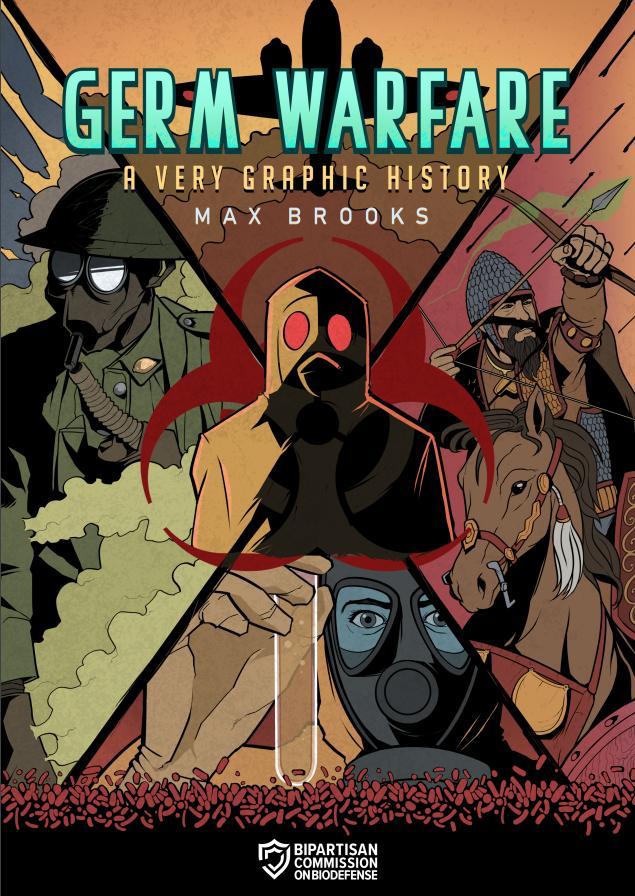Graphic novels for elementary and secondary school have become enormously popular and widely accepted by parents, teachers, and librarians. They weave rich narratives with a limited amount of text to drive the storyline. This appeals to those who are reluctant readers and hesitate to pick up a traditional book. Graphic novels are a useful tool for struggling readers to help strengthen their vocabulary and develop a deeper appreciation of storytelling.
Similarly, graphic novels can be used to transform subjects one would think are boring like History or Economics into engaging stories, making the content fun to learn for children. They can introduce readers to the world of classic literature. Classical Comics and Graphic Classics, for example, publish graphic novel versions of Dickens, Shakespeare, Twain, Alcott, and other great writers.
We have also devised a clever way to teach economics using real-world case studies. Here are the 4 books we have worked on:
The Credit Crunch
Two Brothers and a Shoe
An Unnatural Disaster
Solar Economy
Elon Musk and Gigafactory
The Yale Center for Dyslexia and Creativity call graphic novels “grand equalizers,” noting that struggling and strong readers alike can enjoy and discuss them on a level playing field. They teach by doing instead of just being a mundane study exercise. Incorporating graphic novels into content area studies can really boost student understanding and engagement. They are on their way to becoming the go-to teaching tools for schools, the world over.
Sources:
https://www.readingrockets.org/article/comic-kids-classroom-ideas-booklists-and-more



